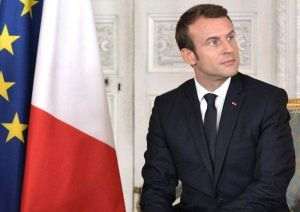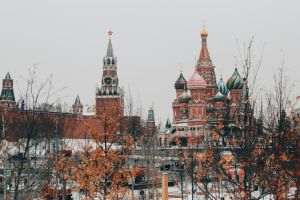Russia's economy is showing solid growth in many sectors while unemployment remains at a record low, statistical data released Wednesday showed, prompting Moscow officials to advance an upbeat outlook for the full year despite Western sanctions from the cause of the war in Ukraine, reports Reuters.
Driven by military production, industrial output rose 3.3% in July, after a 2.7% advance in June, and 4.8% year-to-date, compared with a 3.1% advance in the same period last year, notes Agerpres.
A preliminary estimate regarding the evolution of the Gross Domestic Product in the first half of the year points to an increase of 4.6%, compared to one of 1.8% in the similar period of last year.
Officials in Moscow point out that this growth is due to strong capital investments, including in the private sector, which in the second quarter of this year increased by 8.3% at an annual rate, up to 8,440 billion rubles ($92 billion). after a 14.5% increase in the first quarter.
"Given these high results in the first half of the year, we expect higher figures for the entire year 2024 than we initially forecast in the economic outlook published in April", declared the Deputy Minister of the Russian Economy, Polina Kryuchkova.
The data suggest that the Russian economy is holding up, despite Western economic sanctions and international payments problems with major trading partners such as China, which led to a 9% drop in total imports in the first half of the year.
However, the data also draws attention to an overheating economy, which forced the Central Bank of Russia to raise the benchmark interest rate by 200 basis points to 18% in July, the highest level in recent years. two years.
The Bank of Russia pointed out that the persistent labor crisis and rising wages, as well as high inflation, were the main signs of an overheated economy and vowed to maintain a tight monetary policy and continue to fight inflation until it is reduced.
New statistics show real wages rose 6.2% year-on-year in June, following an 8.8% advance in May, while nominal average wages rose 15.3% year-on-year, up to 89,145 rubles per month.
Wage growth in Russia is being boosted by bounties paid to contract soldiers fighting in Ukraine, which have become a new benchmark in the Russian economy as workers in fast-growing sectors facing a hand crunch work, they also demand similar rewards from their employers.


















































